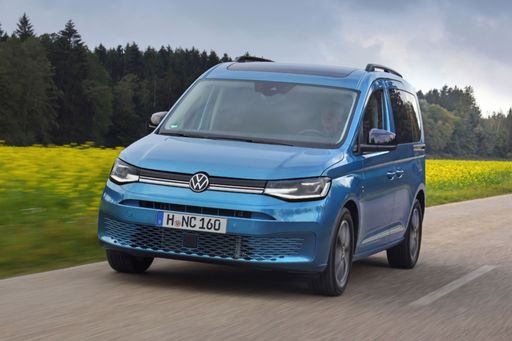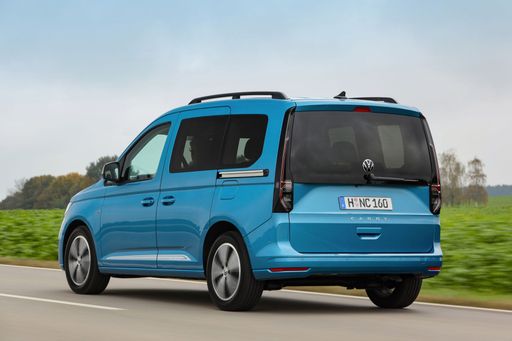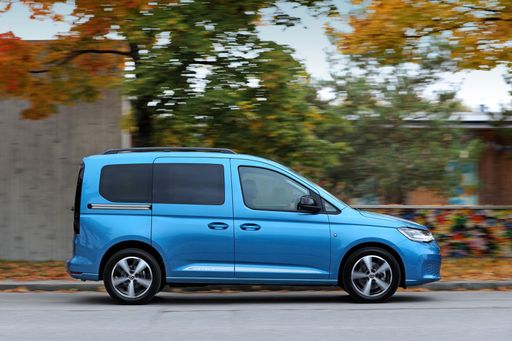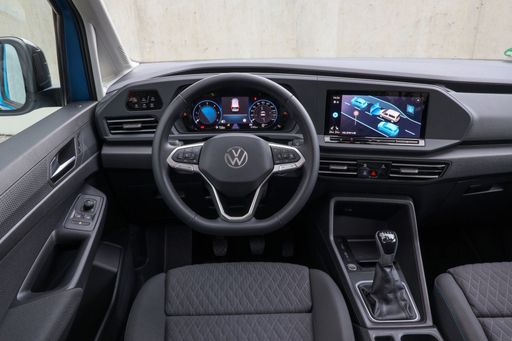Opel Vivaro vs VW Caddy Kompaktvan: Exploring the Future of Cargo Vans
The cargo van market has seen significant innovations in recent years. With models like the Opel Vivaro and VW Caddy Kompaktvan vying for dominance, we dive into the specifics to see what sets these vehicles apart. Whether you’re searching for power, efficiency, or cutting-edge technology, this comparison will help illuminate the strengths of each vehicle in the 2024 lineup.




